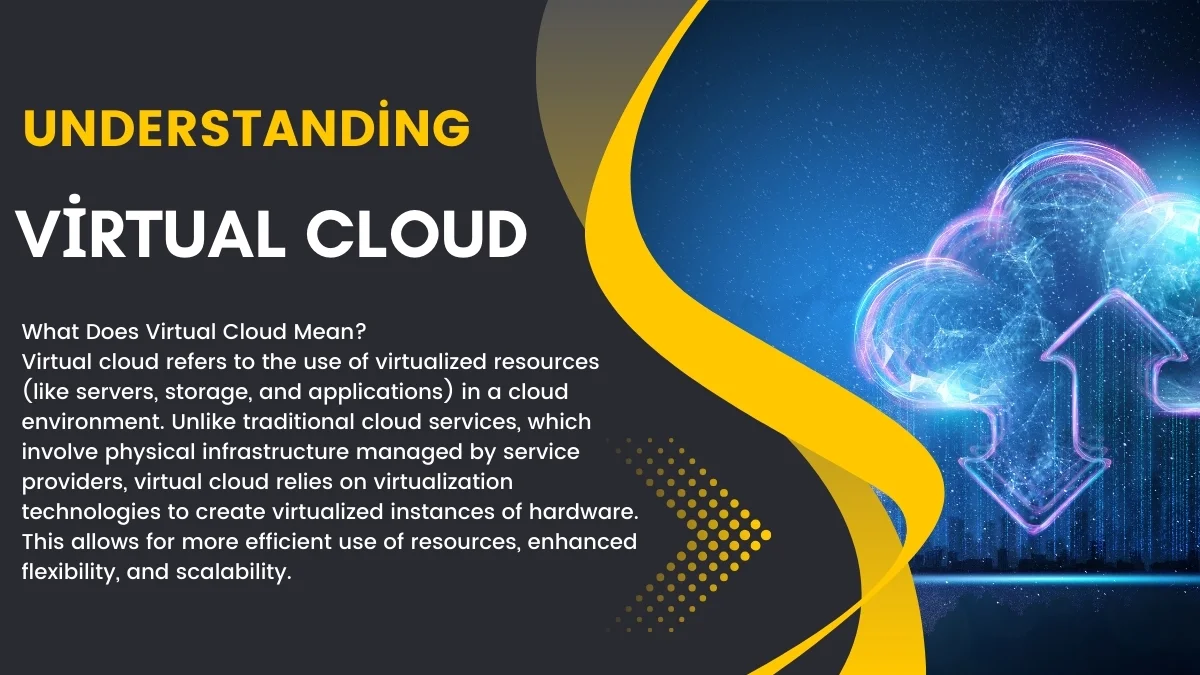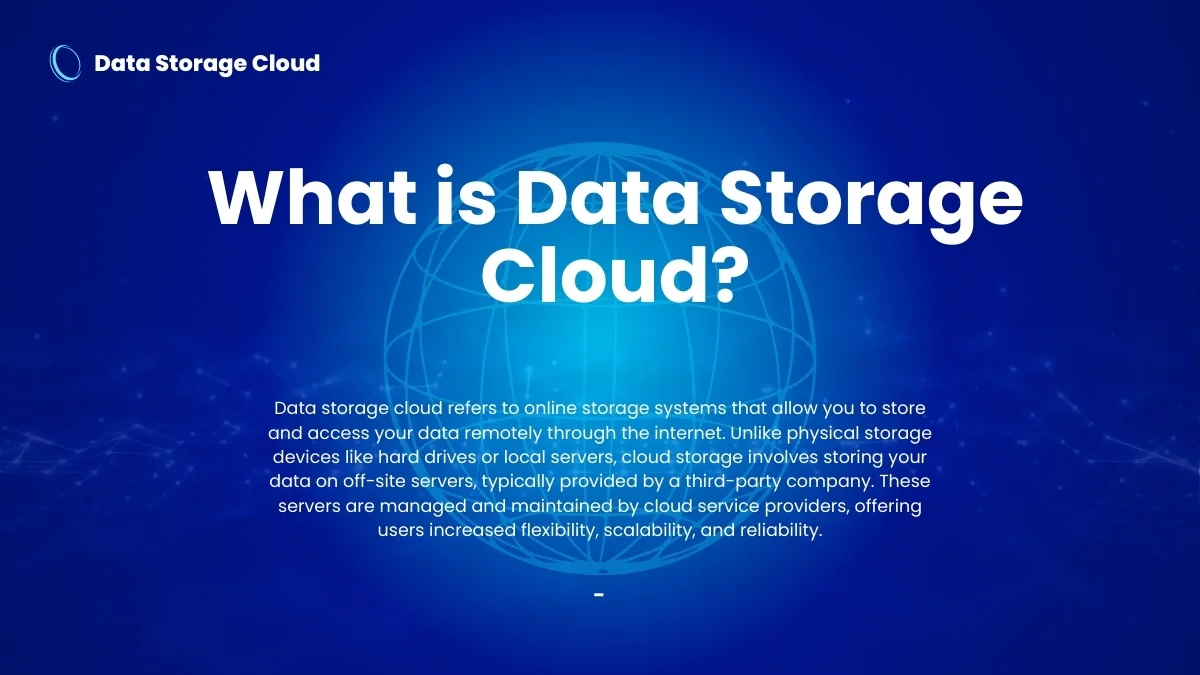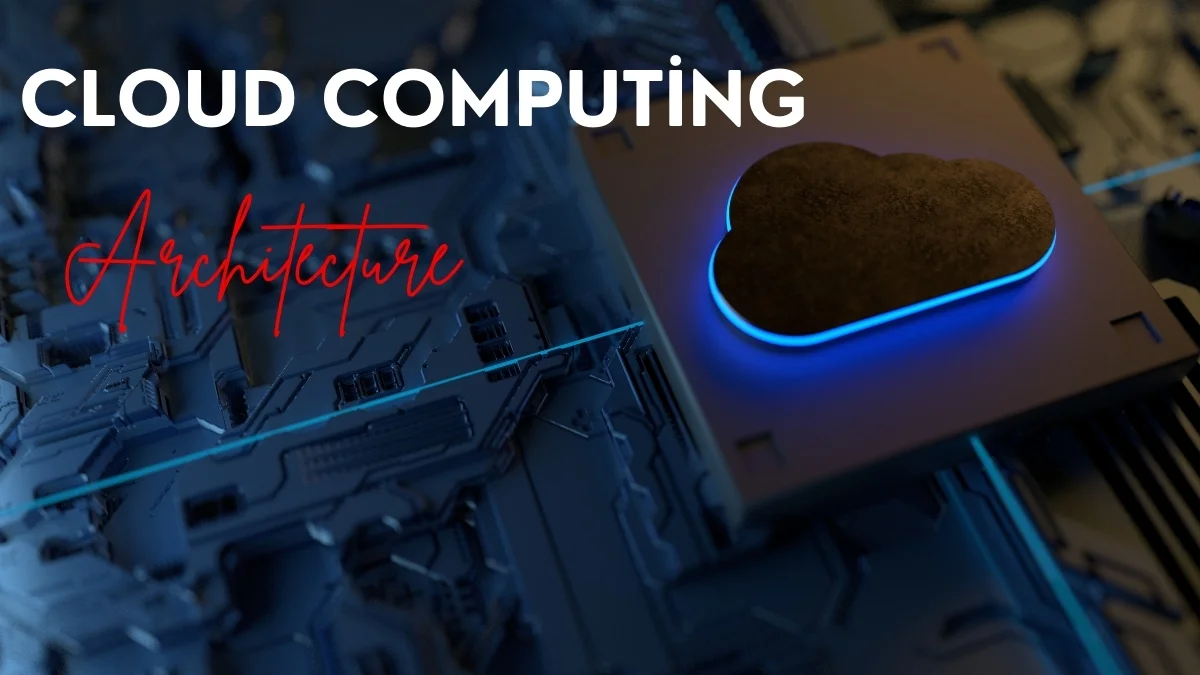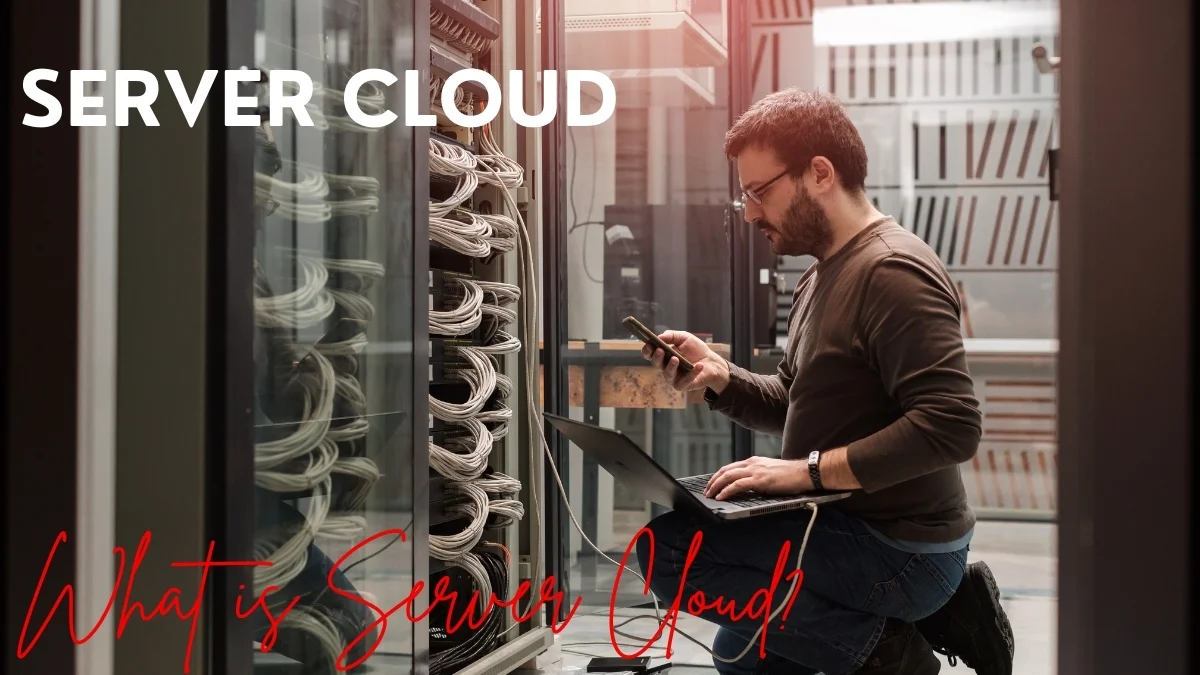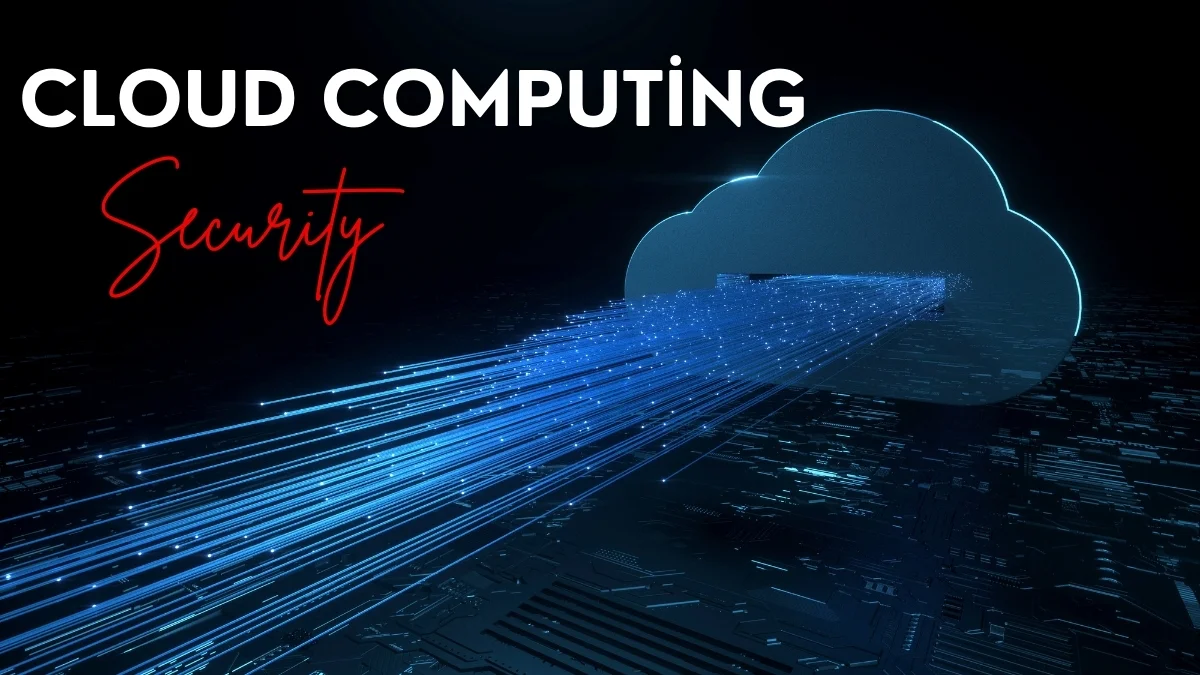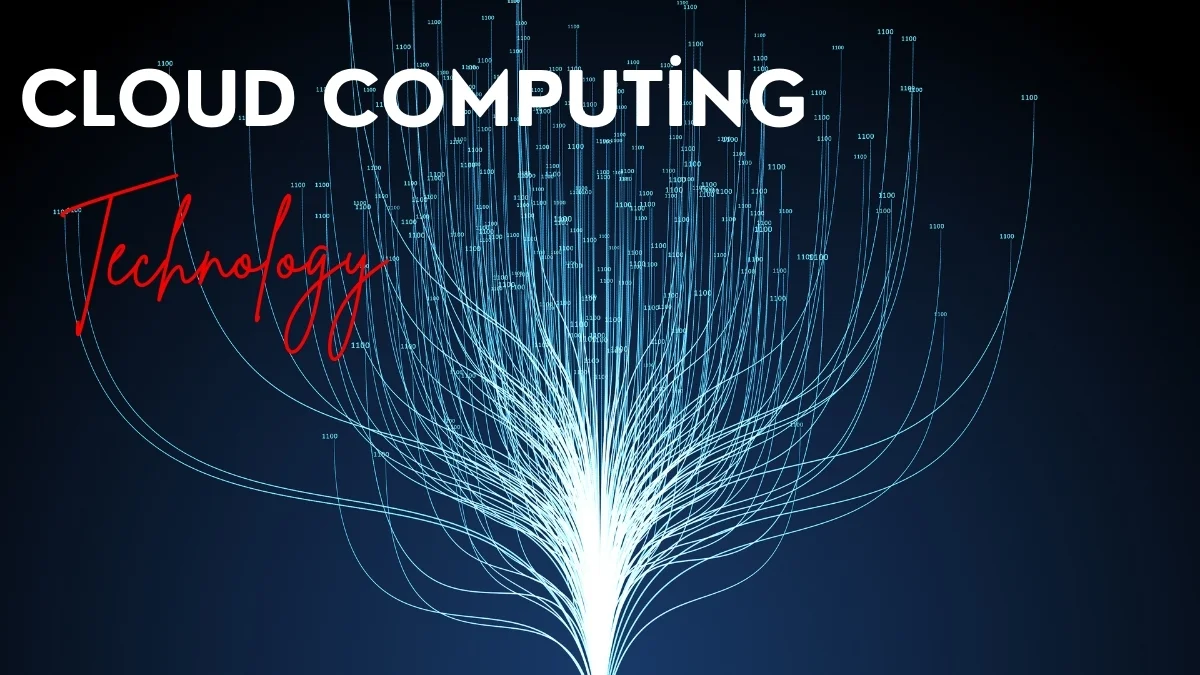What is Virtual Cloud? Exploring the Future of Digital Infrastructure
In recent years, cloud computing has evolved significantly, with virtual cloud becoming a critical component of modern IT infrastructure. Whether you’re a business owner looking to scale operations or an individual seeking efficient storage solutions, virtual cloud technology has something to offer. But what exactly is it, and how can it benefit you? Let’s break down the concept of virtual cloud, its benefits, and why it’s becoming increasingly popular in the tech world.
Understanding Virtual Cloud
What Does Virtual Cloud Mean?
Virtual cloud refers to the use of virtualized resources (like servers, storage, and applications) in a cloud environment. Unlike traditional cloud services, which involve physical infrastructure managed by service providers, virtual cloud relies on virtualization technologies to create virtualized instances of hardware. This allows for more efficient use of resources, enhanced flexibility, and scalability.
How Does Virtual Cloud Work?
At its core, virtual cloud operates by leveraging cloud infrastructure that is abstracted from the underlying physical hardware. Virtualization software creates virtual machines (VMs) that behave like independent systems, even though they share the same physical resources. This means businesses can run multiple applications or workloads on a single server, without sacrificing performance or security.
Benefits of Virtual Cloud
Scalability and Flexibility
One of the most significant advantages of virtual cloud is its scalability. As your needs grow, you can easily add more virtual machines or increase storage without the need for physical hardware upgrades. This flexibility makes it ideal for businesses that experience fluctuating workloads or need to scale up rapidly.
Cost-Effectiveness
Compared to traditional IT infrastructure, virtual cloud solutions are often more cost-effective. Since resources are shared and virtualized, businesses only pay for what they use. There’s no need for hefty upfront costs for physical hardware, and the ongoing maintenance is handled by the cloud provider.
Enhanced Security Features
Many virtual cloud solutions offer enhanced security, including encryption, secure access controls, and virtual firewalls. Because your data is stored in a cloud environment, providers also often implement redundant backups and disaster recovery measures, ensuring that your data is safe and easily recoverable.
Types of Virtual Cloud Solutions
Public Virtual Cloud
A public virtual cloud is a cloud service that is owned and operated by a third-party provider and is available to multiple customers. It’s an affordable option for those who want to take advantage of the cloud without managing physical hardware.
Private Virtual Cloud
A private virtual cloud is hosted on private servers and is typically used by businesses that require a higher level of security, privacy, or compliance. While it’s more expensive than public cloud solutions, it offers greater control over resources and access.
Hybrid Virtual Cloud
A hybrid virtual cloud solution combines elements of both public and private clouds. This allows businesses to keep sensitive data on private servers while utilizing the public cloud for less-critical applications. It offers the best of both worlds: security and flexibility.
Virtual Cloud vs Traditional Cloud
Performance and Control
With virtual cloud, businesses have more control over their resources because of the virtualized nature of the environment. Unlike traditional cloud computing, where you may not have direct control over the underlying hardware, virtual cloud lets you customize and optimize the virtual machines for specific tasks.
Cost Differences
Although traditional cloud computing solutions are pay-as-you-go, they may require more substantial investments in infrastructure. Virtual cloud, on the other hand, reduces hardware costs and offers more granular control over resource allocation, making it a more affordable solution for many businesses.
How Virtual Cloud Benefits Businesses
Business Continuity and Disaster Recovery
For businesses, virtual cloud offers robust disaster recovery options. If something goes wrong, virtualized systems can be quickly restored, minimizing downtime. This is essential for maintaining business continuity in today’s fast-paced digital landscape.
Remote Work and Collaboration
With virtual cloud services, businesses can enable remote work by providing employees with access to virtualized desktops and applications from anywhere. This makes it easier to collaborate and work flexibly, without the need for physical office infrastructure.
Choosing the Right Virtual Cloud Provider
Factors to Consider
When choosing a virtual cloud provider, consider factors such as reliability, security, scalability, and customer support. It’s also essential to assess the flexibility of their offerings—whether they allow you to scale up or down depending on your needs.
Top Providers in the Market
Some of the most popular virtual cloud providers include Amazon Web Services (AWS), Google Cloud Platform (GCP), and Microsoft Azure. These companies offer powerful, scalable cloud services with a variety of virtualized solutions for businesses of all sizes.
Common Use Cases for Virtual Cloud
Enterprise Applications
Many large enterprises use virtual cloud to run complex enterprise applications, such as enterprise resource planning (ERP) or customer relationship management (CRM) software. Virtual machines allow these applications to run on virtualized infrastructure, offering both efficiency and performance.
Web Hosting and Content Delivery
Virtual cloud is also widely used for hosting websites and delivering content. By using virtualized resources, businesses can ensure that their websites run smoothly and efficiently, without the overhead costs of traditional hosting methods.
Conclusion
In conclusion, virtual cloud represents the next evolution of cloud computing. With its scalability, cost-effectiveness, and enhanced security features, it’s an ideal solution for businesses and individuals looking to optimize their digital infrastructure. Whether you’re looking to scale your operations or simply streamline your data storage, virtual cloud is the future of efficient and secure computing.
Frequently Asked Questions (FAQs)
- What is the main difference between virtual cloud and traditional cloud?
- Virtual cloud uses virtualization technology to create virtual instances of resources, offering more flexibility and control compared to traditional cloud services.
- Is virtual cloud secure?
- Yes, virtual cloud providers implement advanced security features like encryption, secure access, and backup solutions to protect your data.
- Can I use virtual cloud for small businesses?
- Absolutely! Virtual cloud is scalable and cost-effective, making it an excellent choice for businesses of all sizes, including small businesses.
- What are the main benefits of using a private virtual cloud?
- A private virtual cloud offers greater control, enhanced security, and compliance features, making it ideal for businesses with sensitive data or specific regulatory requirements.
- How do I choose the right virtual cloud provider?
- When selecting a provider, consider factors such as security features, scalability, pricing, and customer support to find the best fit for your business needs.
